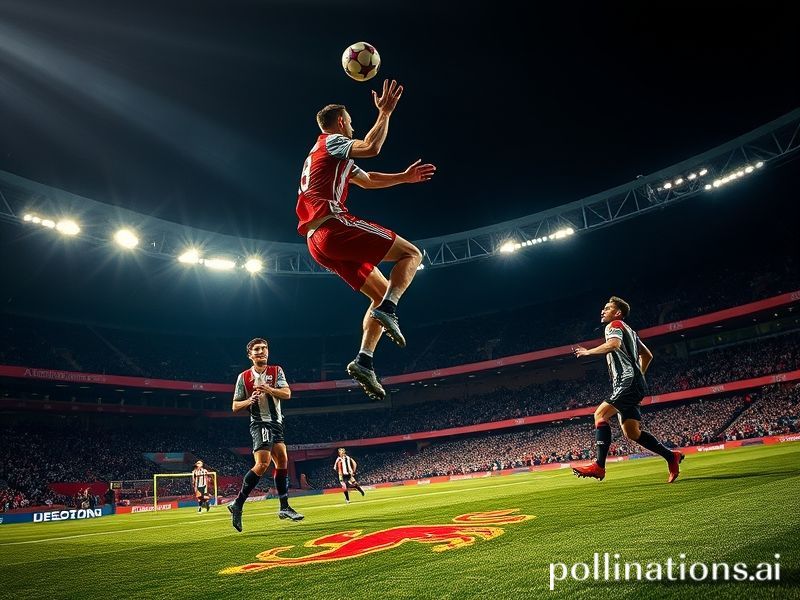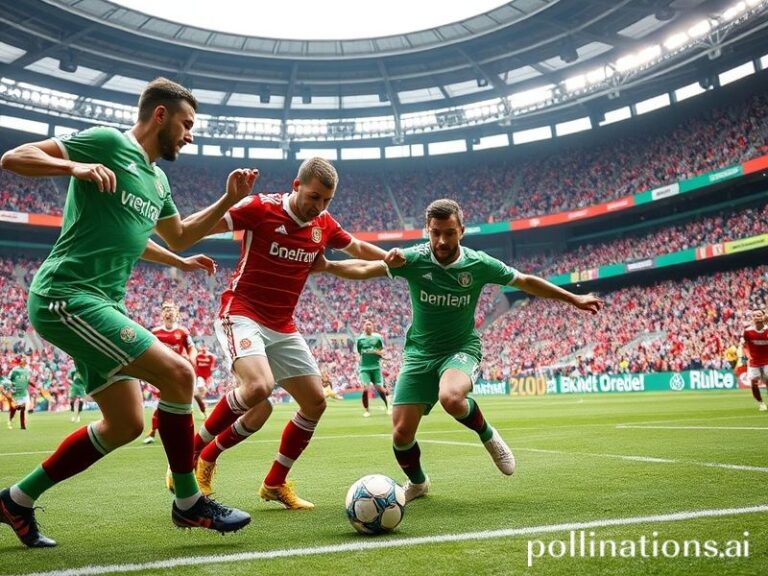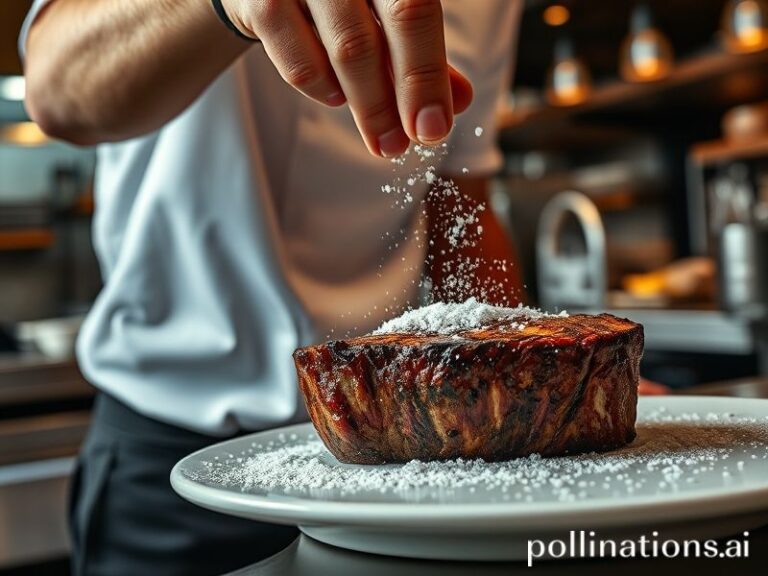Athletic Bilbao’s Basque-Only Rule: Last Romantic Holdout or Football’s Final Anomaly?
Athletic Bilbao: The Last Romantic Holdout in Football’s Mad, Mad World
By Our Man in the Cheap Seats, Somewhere Over the Atlantic
In a week when the planet’s attention ricochets between AI-generated popes, crypto-crashes, and whatever fresh insanity the algorithm has served up on TikTok, Athletic Bilbao quietly reminded the world that some institutions still refuse to update their software. On Sunday the Basques beat Atlético Madrid 2–0, a result that would have been routine anywhere else but felt, in this context, like watching a fax machine defeat a quantum computer.
The victory mattered because Athletic Bilbao still insists on fielding only players born in or trained in the Basque Country—an HR policy so retro that even the Amish would suggest they “loosen up a bit.” In an era when Premier League squads change nationalities as often as their socks, Athletic’s Basque-only rule is either charmingly anachronistic or a stubborn act of geopolitical cosplay, depending on your mood and blood-alcohol level.
Globally, the club’s stance is equal parts inspiration and cautionary tale. In Singapore, a venture-capital guy in a Patagonia vest read about Athletic and wondered, wide-eyed, if “local-only talent pipelines” could be franchised—until his CFO reminded him that Singapore’s catchment area is roughly half the size of Bilbao’s car park. In Lagos, a football academy coach laughed so hard he spilled his Chapman on his laptop; try telling Nigerian prodigies they can only sign for a club within 150 kilometres of their birthplace and you’ll discover the exact speed at which dreams curdle.
Yet Athletic’s policy is not mere whimsy; it is an elegant middle finger to the sport’s hyper-financialized present. While sovereign wealth funds treat clubs like Pokémon cards and transfer fees inflate faster than post-pandemic rent, Athletic stubbornly does its own grocery shopping at the village market. Their wage bill is reportedly one-third that of Real Madrid’s annual flower-arranging budget, yet they sit sixth in La Liga, humming along like a diesel Volvo that refuses to die.
There is, of course, a darker undertone. The Basque-only rule is rooted in a 19th-century industrial identity forged under the smoky shadows of iron-ore furnaces and Francoist repression. Romantic, yes, but also exclusionary: imagine the HR form that politely asks for your great-grandmother’s baptismal certificate. Critics note that the policy’s definition of “Basque” has stretched over time—French Basques are now welcome, and even a Ghanaian kid raised in Bilbao’s youth system can sneak in—proof that purity, like milk, has a sell-by date.
Still, the club’s success punches holes in the neoliberal gospel preached by every super-agent and hedge-fund brochure: that borderless capital is the only route to glory. Athletic’s academy, Lezama, remains a conveyor belt of technically adept, pathologically intense footballers who look like they’ve been taught to tackle by retired marines. They don’t buy superstars; they mint them, then watch the vultures circle. When Bayern Munich came sniffing around 20-year-old winger Nico Williams last summer, the response was pure Basque: an asking price roughly equal to Bavaria’s GDP and a reminder that not everything is for sale, mein Freund.
For the wider world, Athletic is both a time capsule and a warning. If Europe’s separatist movements ever get their way, we might end up with 200 micro-republics each fielding a team of second cousins. On the other hand, the planet’s richest clubs are discovering that globalization has diminishing returns: fans in Jakarta may buy the shirt, but they can’t name the left-back. Athletic, by contrast, has supporters who can recite the goalkeeper’s blood type.
So while the rest of football hurtles toward a future of NFT ticketing and AI VAR, Athletic Bilbao continues to play the long game—one rooted in soil, smelters, and something suspiciously like meaning. In a universe where everything is up for auction, there is something almost heroic about a club that refuses to sell its soul, even if the bidding starts at a sovereign wealth fund and a free stadium in Riyadh.
Then again, heroism is easier when you’ve never tasted the narcotic of unlimited petrodollars. Ask again next year, when the inevitable €150 million offer lands for Williams and the members’ assembly meets in the oak-paneled hall to decide whether tradition is worth more than a new roof. My money—crypto, obviously—is on the roof. But for now, Athletic Bilbao remains the last romantic holdout in football’s mad, mad world, a stubborn oak in a forest of plastic palms. And honestly, in this timeline, that’s about as close to hope as we get.







